By Father El Meskeen
Orthodox Prayer, Part 4.
Excerpts From Chapter 2 of the book Orthodox Prayer, by Matta El-Meskeen, Coptic monastic reformer and spiritual father of the Monastery of St. Macarius. Man’s modern tendency to make prayer self-referential flies in the face of true prayer…
“Holy, Holy Holy” (Is 6:3) is the transcendent essence of prayer that the Seraphim declared in a vision to the prophet Isaiah. In its true essence, prayer is a communion with the heavenly host in praising their Creator. It will surely end up as such when all things are put in subjection to God the Father. Prayer, originally, is not the work of man alone. Neither is it performed for his comfort or for the fulfillment of his needs or demands. The greatness of prayer lies in its being the work of spiritual beings in general. It is neither of this age, nor for this age.
Thus, if we restrict prayer to the satisfaction of man’s needs and demands or to responding to his pleas in this life, it loses its essential greatness. Through hallowing the name of God, paying homage to Him, thanking and honoring Him with pure praise, man is transformed into a spiritual being. He thus joins the heavenly host in their transcendent ministry. However, we ask God for temporal things because we have fallen from our original spiritual status in which we lacked nothing. Although this is alien to the original concept of prayer, God in His graciousness has come down to our level and promised to listen to our prayers when we bring Him our needs and complaints, which He knows only too well. He thus assures us that He will never abandon us for our sins and that our tribulations are a matter of concern to Him.
But when we delve deeply into the life of prayer, we end up with the conviction that it is an act of glorifying God, a divine ministry of transcendent honor. This was the conclusion reached by all the saints at the end of their understanding and practical experience of prayer. The foundation of prayer is paying absolute honor to God’s will: “Thy will be done, on earth as it is in heaven.” For this reason, prayer inevitably demands that man relinquish his own will: “Not my own will, but thine be done” (Lk 22:42). The glorifying and hallowing of God implied in doing so resemble the office of the Seraphim. (It should be borne in mind that the glory of the Seraphim springs from their office and not from their nature.) So the corruption of our nature does not hamper the glory of our office, as long as this office is prompted by the power of love and is pure and clear from the blemishes of egotism and selfishness.
Total surrender to the will of God is an entry into a covenant with Him. This is done in preparation for our final union with His will. As for the corruption of our nature, God has taken upon himself the task of lifting this curtain between him and man by the blood of his Son: “By his knowledge shall the righteous one, my servant, make many be accounted righteous” (Is 53:11). For this reason, prayer, as a glorifying of the Creator, transcends the limits of our shortcomings and unworthiness. It is a perfect action by itself able to make up for every imperfection and to heal every disability.
When faithfully performed for hallowing the name of God, prayer takes upon itself, with grace as a mediator, to turn us into saints: “For he who sanctifies and those who are sanctified have all one origin” (Heb 2:11). So when we stand in God’s presence to glorify Him, the angels hover around us with great joy, although the weight of our sins still sticks to us.

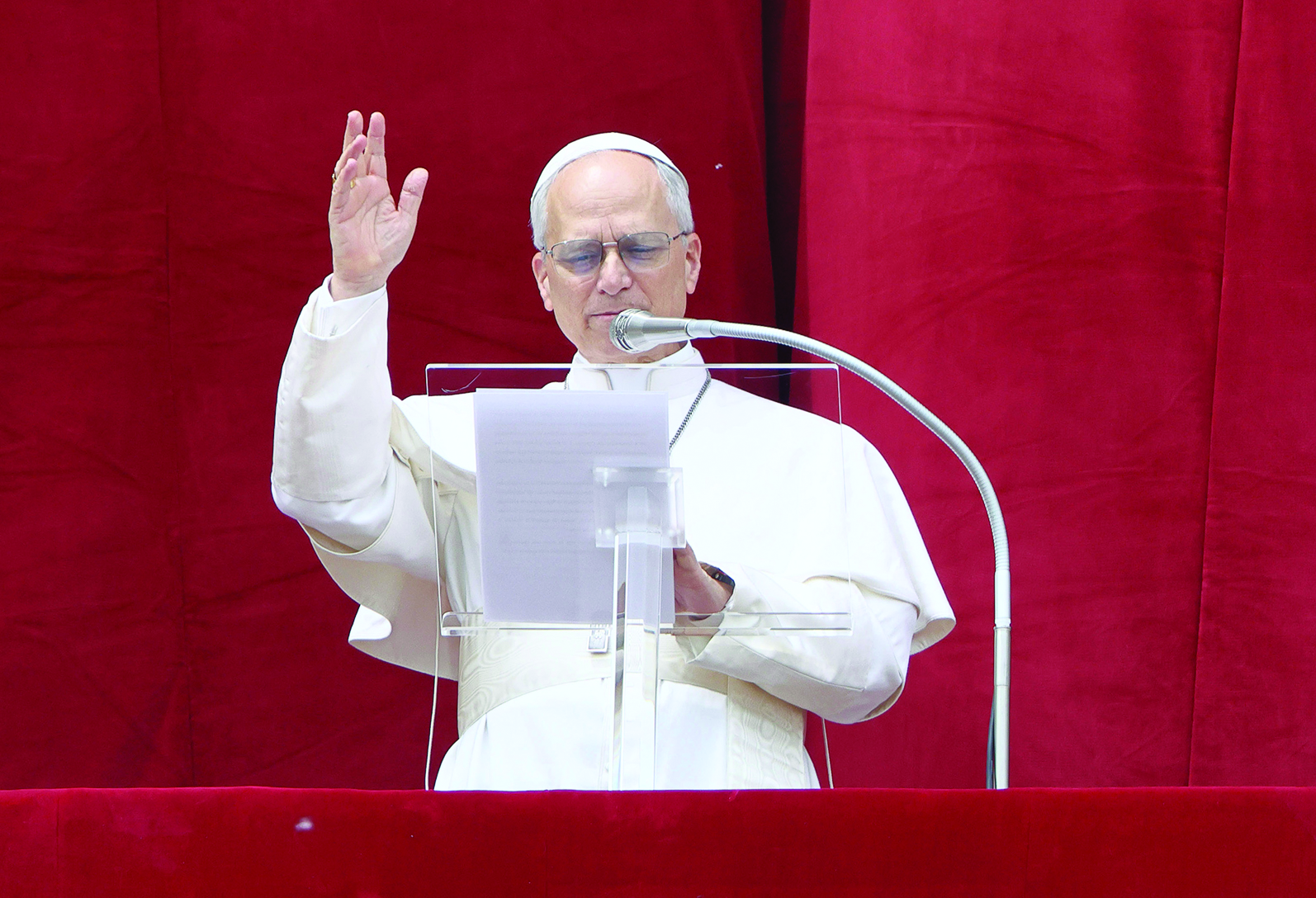
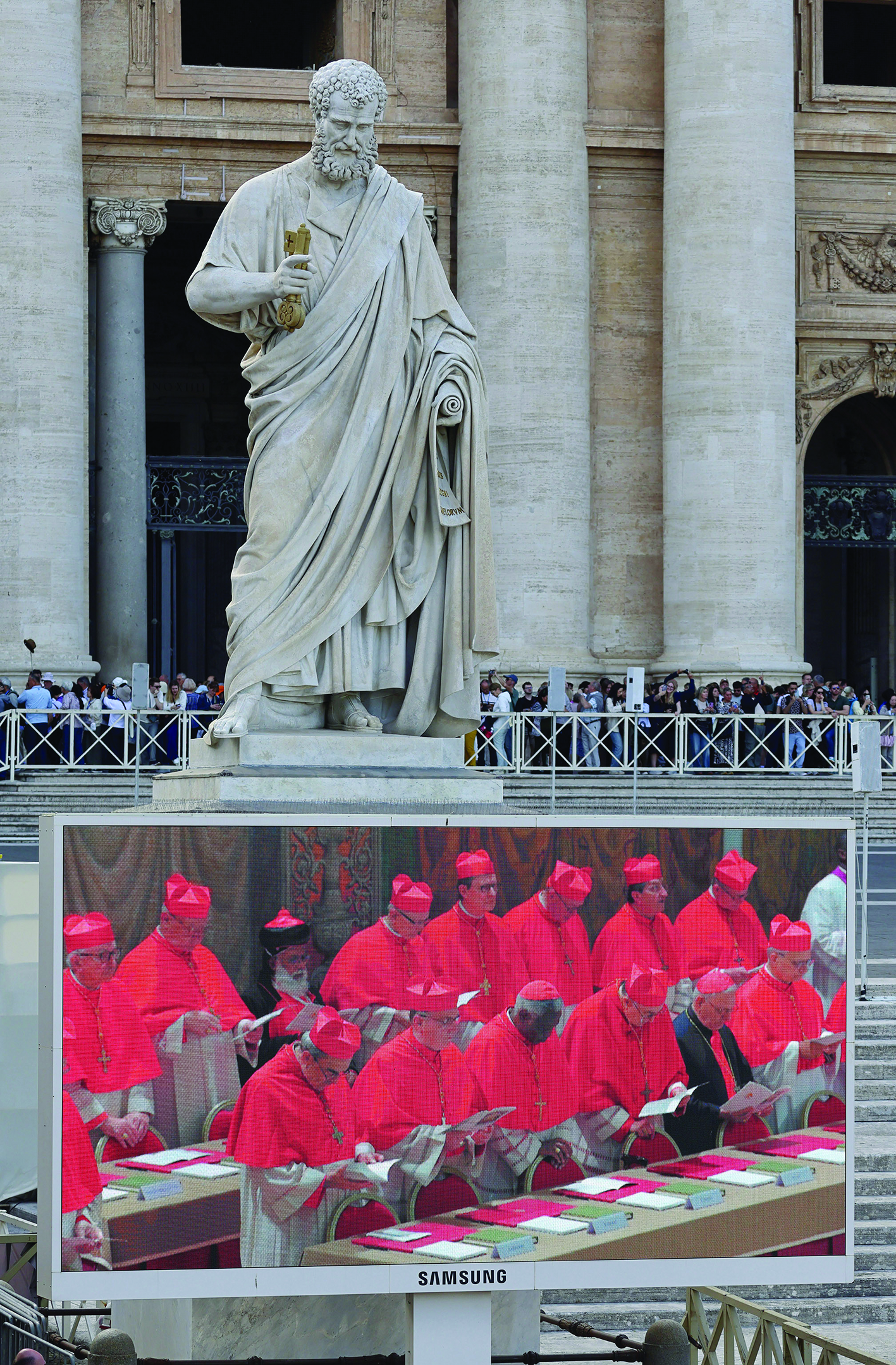
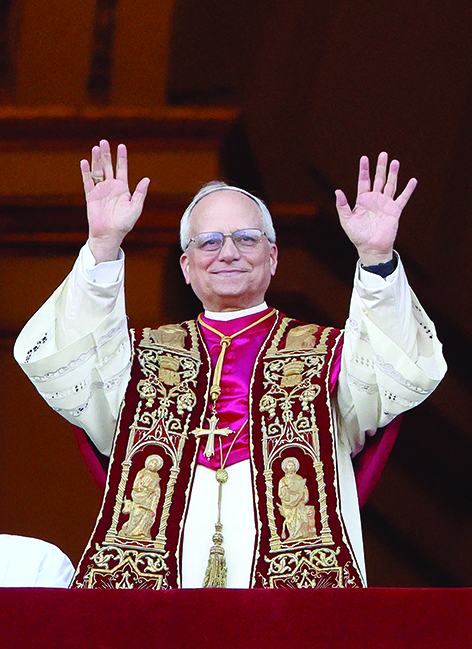
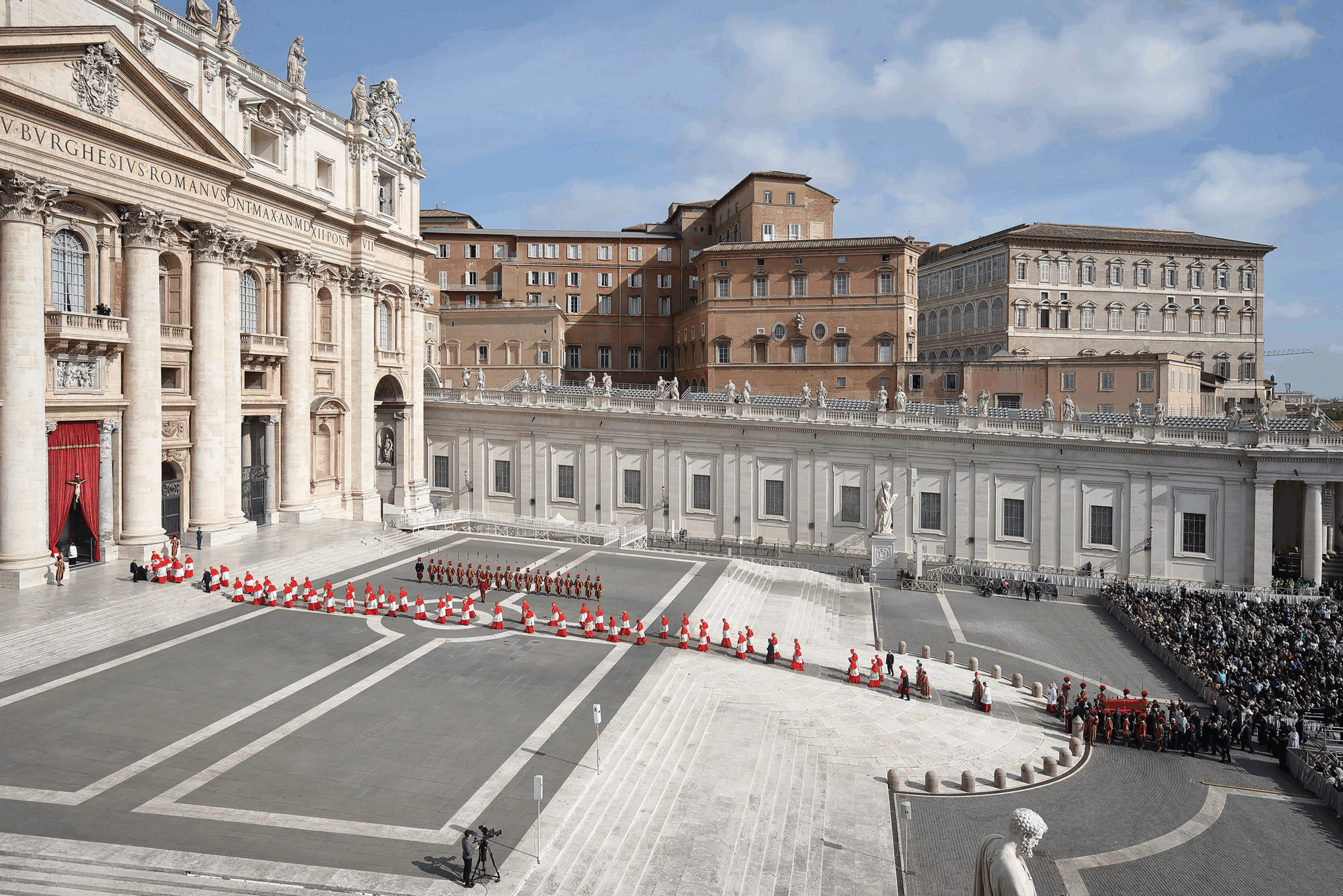
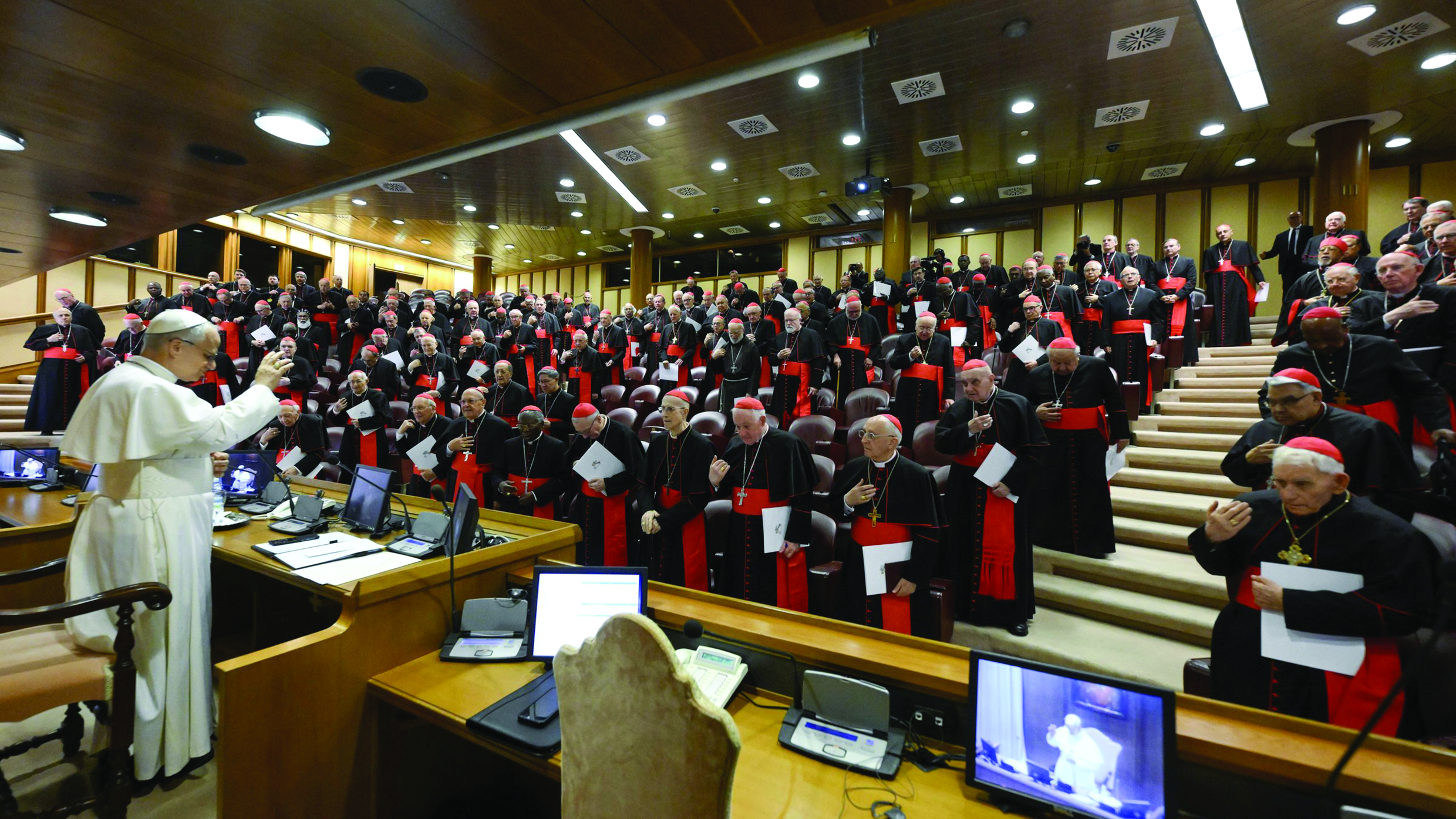
Facebook Comments